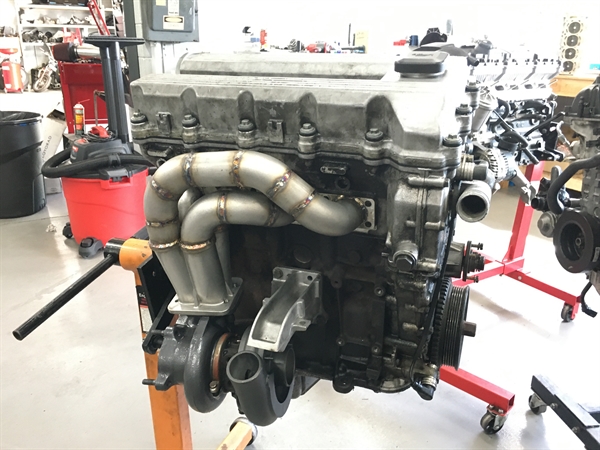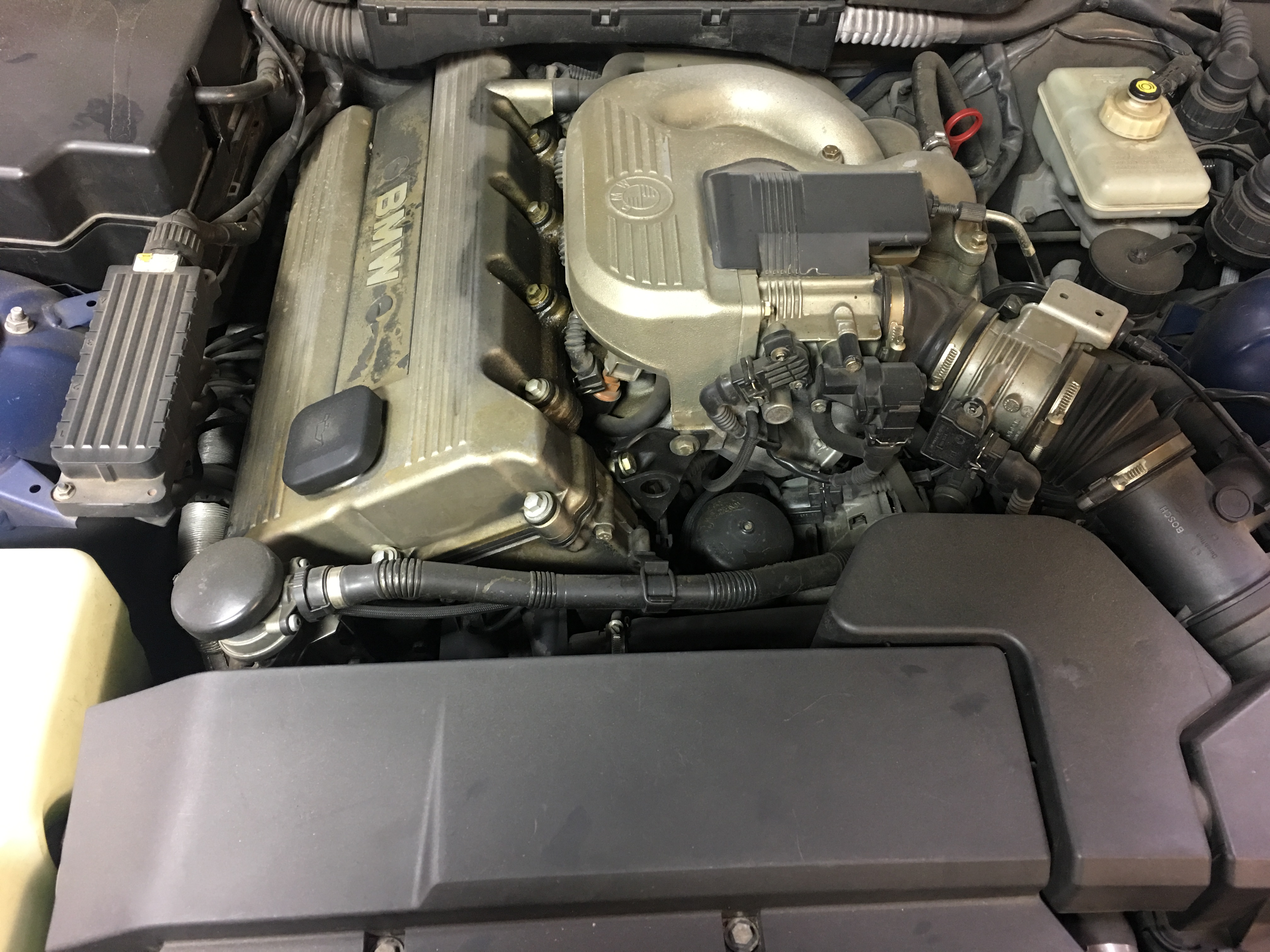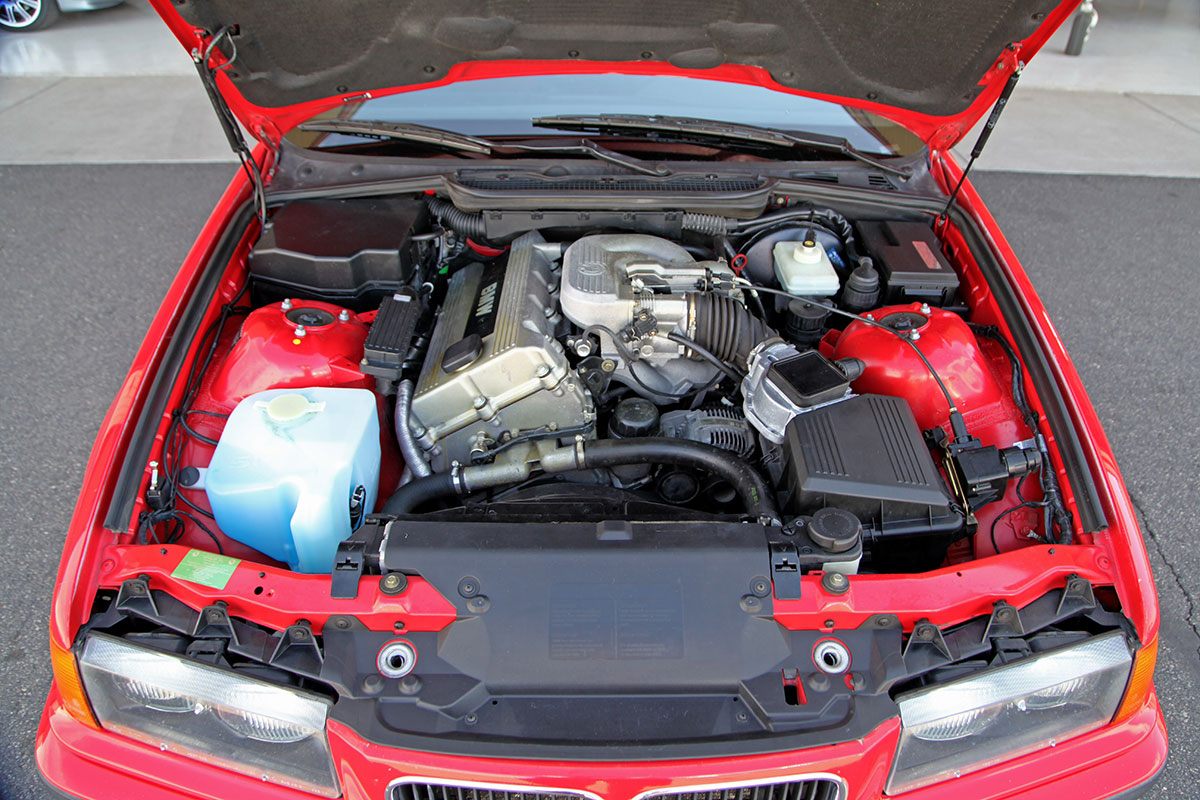The BMW 318ti: A Blend of Style, Convenience, and Performance
Secret Attributes to Look for When Buying an Engine for Automotive Applications
When considering the acquisition of an engine for vehicle applications, numerous crucial features call for cautious examination to make sure optimal efficiency and functionality. From power and performance capacities to fuel resilience, adherence, and effectiveness to exhausts standards, each facet plays a vital duty in figuring out the engine's suitability for certain vehicle demands. Cost-effectiveness remains a pivotal element in the decision-making process, balancing top quality with economic considerations. These features collectively add to the general effectiveness and dependability of the engine, affecting the driving experience and lasting satisfaction of the individual.
Power and Efficiency
When choosing an auto engine, buyers focus on power and efficiency to guarantee optimal driving experience and efficiency. The power output of an engine, usually gauged in horse power (HP) or kilowatts (kW), determines the acceleration, full throttle, and overall capabilities of a vehicle. Greater power ratings usually cause quicker acceleration and far better efficiency, especially during surpassing or lugging hefty loads. Efficiency, on the various other hand, encompasses a more comprehensive spectrum of characteristics, including fuel effectiveness, discharges, dependability, and overall driving characteristics. A well-performing engine not just provides power effectively but likewise runs efficiently across different rate varieties and driving conditions.
Additionally, variables such as engine displacement, turbocharging, and crossbreed technologies play substantial roles in boosting both power and performance degrees. Inevitably, selecting an engine that supplies a potent mix of power and performance ensures a reliable and enjoyable driving experience.
Gas Efficiency
Optimizing fuel effectiveness is a vital consideration for customers when assessing vehicle engine options. The effectiveness of an engine directly impacts operating expense and environmental impact. One essential aspect influencing fuel effectiveness is the engine's style and innovation. Modern engines with functions like straight gas injection, turbocharging, and variable valve timing can dramatically boost gas effectiveness by boosting burning procedures and reducing power loss. In addition, the total weight of the engine and car, as well as the aerodynamics, play essential functions in establishing gas consumption.

Sturdiness and Reliability
Accomplishing long-lasting efficiency and dependable operation is necessary for customers examining the resilience and dependability of automotive engines. When thinking about an engine for auto applications, sturdiness describes the engine's ability to stand up to wear, stress and anxiety, and severe operating conditions over a prolonged duration. Reliability, on the other hand, suggests that the engine can continually perform its designated feature without unanticipated break downs or failures.
Customers need to search for engines built with high-quality materials and exact design to make certain longevity. Components such as crankshafts, bearings, and pistons need to be durable to handle the engine's power outcome without early wear. Furthermore, engines outfitted with sophisticated cooling systems, efficient lubrication, and robust filtering systems have a tendency to display higher levels of reliability.
Routine maintenance and adherence to producer recommendations are also important aspects in protecting an engine's toughness and dependability. By complying with maintenance schedules, making use of advised liquids, and resolving any kind of problems quickly, consumers can maximize the lifespan and efficiency of their vehicle engines. Ultimately, prioritizing resilience and reliability in engine option can cause a much more satisfying possession experience with less unanticipated disturbances.
Discharges Compliance
Making certain conformity with discharges regulations is a vital aspect of reviewing automobile engines for environmentally aware consumers. you can check here With raising worries about air top quality and environmental impact, rigorous emissions criteria have been established globally to minimize hazardous toxins released right into the atmosphere. When acquiring an engine for automobile applications, it is necessary to consider its discharges compliance to lessen the carbon impact and comply with lawful requirements.
Modern engines are furnished with advanced discharge control modern technologies such as catalytic converters, exhaust gas recirculation (EGR) systems, and discerning catalytic reduction (SCR) to lower damaging exhaust gases like nitrogen oxides (NOx), carbon monoxide gas (CO), and hydrocarbons (HC) These systems play a vital role in guaranteeing that the engine fulfills the specified emissions requirements and runs within acceptable restrictions.

Cost-effectiveness
When taking into consideration vehicle engine next purchases, reviewing cost-effectiveness is critical for consumers seeking both performance and worth. Cost-effectiveness in engine purchase includes even more than simply the preliminary acquisition cost. It includes the general expenses associated with maintenance, fuel consumption, and potential repairs over the engine's lifespan. Choosing an engine that offers a balance in between long-term financial savings and ahead of time prices can lead to considerable benefits for the customer.
Engines that are created to take full advantage of gas economic climate can lead to significant savings over time, especially for people who drive often or over lengthy distances. bmw 318ti. Furthermore, taking into consideration the accessibility and price of extra parts and maintenance can add to the overall cost-effectiveness of an engine.

Verdict
Finally, when purchasing an engine for vehicle applications, it is important to think about vital features such as power and performance, fuel resilience, effectiveness and dependability, discharges conformity, and cost-effectiveness. These elements are vital in making sure that the engine satisfies the demands of the car and operates effectively in numerous driving problems - bmw 318ti. Making a notified choice based upon these requirements will ultimately result in a successful and effective automobile engine acquisition
From power and efficiency capacities to fuel adherence, effectiveness, and resilience to exhausts requirements, each aspect plays a crucial duty in figuring out the engine's suitability for certain automobile demands. Engines developed to run on alternative gas such as electric power, crossbreed systems, or biofuels can offer improved gas economic climate and reduced discharges contrasted to conventional fuel or diesel engines. Consumers need to thoroughly take into consideration the fuel effectiveness ratings and innovations included into automotive engines to make educated purchasing decisions that straighten with their look at this now priorities for expense financial savings and sustainability.
When considering an engine for vehicle applications, durability refers to the engine's capability to hold up against wear, tension, and extreme operating problems over an extended period.In conclusion, when buying an engine for vehicle applications, it is crucial to think about crucial attributes such as power and performance, fuel efficiency, dependability and toughness, exhausts conformity, and cost-effectiveness.